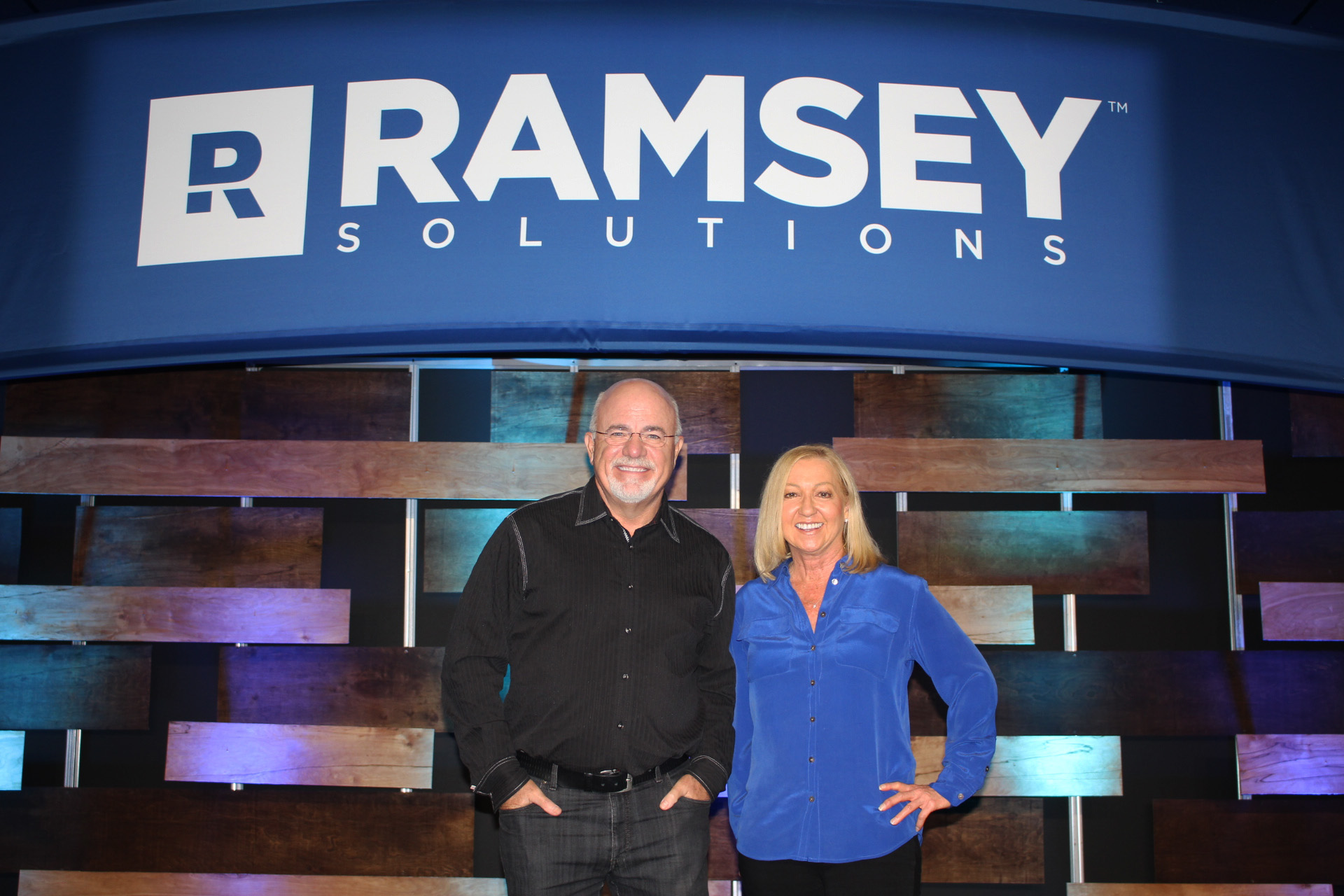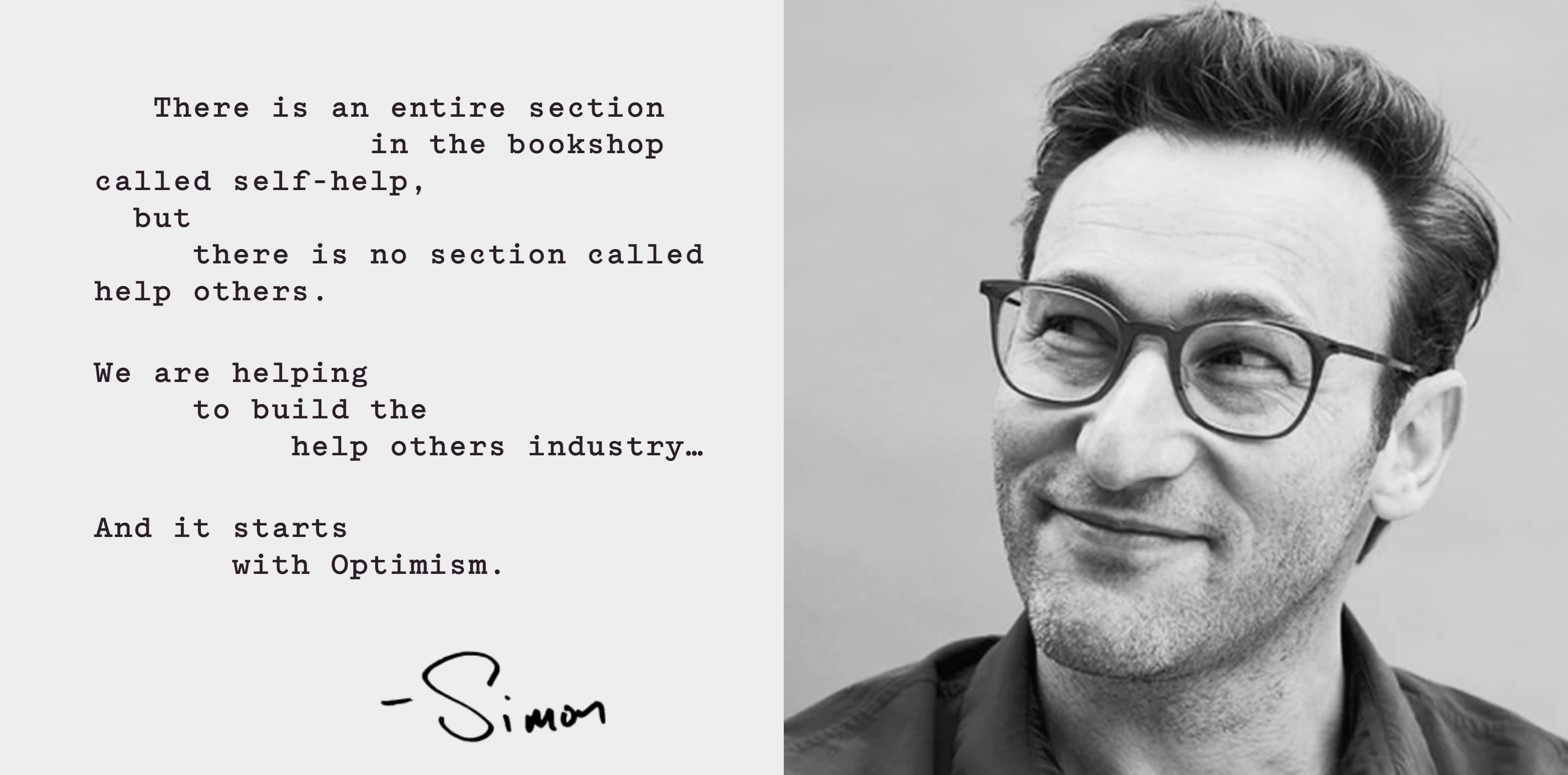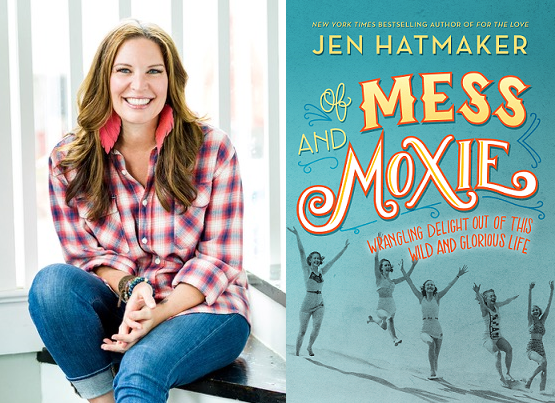Who is Your Personal Brand Name For?
Ever stopped to think what the buzz around personal branding is really for? It’s a hot topic that goes beyond just flaunting your name. Surprisingly, it’s not all about you. Your personal brand is your handshake with the world, your promise to your followers. It’s about the value you bring into their lives, making their day a bit brighter, their tasks a bit easier. Let’s explore how your brand can be a beacon for your audience, not just a reflection of yourself.
Key Focus Points:
1. Personal branding isn’t about you, it’s about your audience.
2. It’s possible to be too authentic and give the wrong impression.

An Early Lesson from the Limelight on Personal Brand Naming
One of my greatest childhood moments was when I was 8 years old and experienced the limelight for the first time. I was deeply invested in the Spice Girls just like every other girl on the planet, and of course, I was Baby Spice and no one else could be her.
My extended family was crammed into our house for Thanksgiving and I had the brilliant idea to put on a Spice Girls show for my whole family, complete with costumes, flashlights for dramatic effect, and a loudspeaker blaring “Spice up your life!”
I remember how it felt to have all eyes on me. It was empowering. They cheered, they clapped, they sang along. I was clearly an amazing singer and dancer and my family could not get enough of it. My mom even videotaped the whole thing. It was my greatest moment of glory.
Several years later I came across the footage of that glorious event and watched in horror. I was completely obnoxious, uncoordinated, and off-key. I even heard comments in the background of the footage of my aunt saying “Oh no, is she really going to do another song?” and my mom suggested, “Maybe the power could accidentally go out”.
I was so lost in making a name for myself and getting my hour of fame that I had lost sight of my audience. Now an 8-year-old may get a free pass on forgetting her audience and basking in her stardom, but what about your personal brand name?
What’s A Personal Brand Name?
In simple terms, your personal name is typically just your given name, like Solange Knowles or Taylor Swift. But it can also be your “stage name” like Jay-Z, whose given name is Shawn Corey Carter, or a takeoff of your real name like Queen Bey instead of Beyonce Giselle Knowles.
Your personal name becomes your personal brand name when you choose to market yourself and your career as a brand.
Your personal brand is a unique designation that represents your identity and professional persona, typically crafted to convey a specific image or provide a specific value to a target audience.
Personal branding is common among entrepreneurs, artists, consultants, and freelancers who need to create a memorable impact on their audience.
For instance, a professional speaker might use a personal brand name that highlights their expertise in motivational speaking or life coaching such as Dave Ramsey’s Ramsey Solutions. Or a photographer might use a personal brand name that reflects their creative and stylistic approach to photography like Sas Photography (by Catie Sas).
Your personal brand name uses part or the entirety of your given name to communicate a key differentiator or value that only you can provide to the world, making you the proprietary subject of your brand- no pressure! However, before we get into building your personal brand, it’s important to understand that personal branding is much bigger than you.
It’s Bigger Than You
Many fall into the trap of thinking a personal brand is a solo show – a mirror reflecting their own image. It’s correct to assume that people are drawn to you because of your knowledge, personality, expertise, or talent, but the greater question is, what makes your followers stay? What keeps them coming back again and again?
The real star of the show isn’t you- it’s your followers; after all, the only reason you’re successful is thanks to them!
Your personal brand is your handshake with the world, your promise to your followers. It’s about the value you bring into their lives, making their day a bit brighter, and their tasks a bit easier.
Let’s explore how your brand can be a beacon for your audience, not just a reflection of yourself.
Who Are You Speaking To?
Imagine your personal brand as a megaphone. When you speak into it, who’s listening on the other side? It’s for those eager faces in the crowd, the ones tuning in for a dose of what you have to offer. Do you know who these people are?
Stanley, a brand of drinking containers named after William Stanley Jr. thought its audience was older men who enjoyed camping, roughing it, and the great outdoors. An accidental discovery via an e-commerce blog led Stanley to their true audience- young women and moms looking for stylish hydration on the go. Now the brand is an obsession that can’t be quenched.
Know Your Audience
Knowing your audience is the first step to making successful content or product offerings that resonate. Consider coming up with target audience personas to help you to understand the individuals you are communicating with.
Use data about your current or future customers to create primary and secondary target personas. Give them names, personalities, and preferences that help them come alive, and use these as guides to ensure your message resonates with them, not just echoes in an empty room.
From Passion to Purpose
Once you know and understand your audience, you have to think about your passion.
Consider how celebrities evolve their brands. They might start with a spark – a personal passion – but the flame really catches when they focus on lighting up their audience’s world. Whether it’s music, advice, or innovation, the question remains: How does it enrich the audience’s experience?
Simon Sinek, an inspirational speaker on business leadership, started his personal brand name journey with a few TED talks that went viral. It quickly became clear that Simon had an eager audience, but what they wanted wasn’t just his motivational speeches; they wanted his strategies, practices, and advice in their situations and businesses.
Simon then evolved his personal brand to offer workshops, downloadable resources, private classes, and much more. Simon evolved his passion for sharing his knowledge to help implement it for thousands of professionals seeking to lead successful businesses.
How can you take your passion and talent and turn it into something valuable for your audience? Pin down what draws your audience to you. Is it insights, laughter, or inspiration? Whatever your specialty, ensure it’s the cornerstone of your personal brand and the center of your product offerings.
Narrow Your Focus & Find Your Niche
Clarifying your passion isn’t enough to create a successful personal brand name. You have to narrow down your niche. Trying to be all things to all people will only ensure a quick demise. It can be tempting to expand your services or offerings to try to meet demand or make your audience happy, but doing so waters down your impact and your reach.
You can’t be all things to all people.
Instead of focusing on business leadership, which is a saturated personal branding space, what if you narrowed your niche to a specific industry or unique skillset? Nesha Woolery’s niche is helping women in graphic design run successful businesses.
Instead of focusing on teaching gymnastics, Youtuber Anna McNulty provides entertainment and education as a self-taught contortionist.
Erika Thompson isn’t just another beekeeper. She uses her trade to inform and entertain millions of people around the world by saving the bees in unique ways.
The common thread of each of these personal brand examples is passion, a niche focus, and authenticity.
Authenticity Meets Audience
Your personal brand values should be a blend of your true self and what your audience craves. It’s like mixing your favorite tune with the rhythm the crowd loves to dance to. This harmony creates a personal brand that’s not only genuine but also genuinely loved.
Being true to yourself means having clarity and confidence about the value you offer and not veering off or trying to become somebody else. Remember, your audience is following you because they found something profound, compelling, and unique to you and only you.
Being authentic in a digital age can be a challenge, but creating personal, approachable content can make all the difference. Hosting a podcast, live streaming on social media, and making sure that you interact with your followers regularly can help build a foundation of trust and genuineness for your personal brand.
Being authentic doesn’t mean displaying yourself on your worst day for the world to see or sharing every detail about your life. Being authentic means showing your heart, hopes, aspirations, and passions, and using them to impact others.
Staying radically authentic will help you work consistently in your purpose, continually create valuable offerings, and inspire your target audience to stay loyal and even become brand ambassadors.
The Risk of A Personal Brand Name
Unfortunately, not all personal brand names stay true, authentic, and on a consistent, positive trajectory.
Bill Cosby, a once beloved actor and comedian largely lost his personal brand name following after getting caught up in some serious allegations.
Oprah Winfrey, Ellen Degeneres, and several other celebrities who have built strong personal brand names have also faced rollercoaster journeys filled with the good, the bad, and the ugly, testing the endurance of their personal branding and the loyalty of their followers.
Transforming Your Personal Brand in the Tension
Jen Hatmaker, a Christian writer, author, and speaker lost much of her evangelical audience when her beliefs shifted and her personal brand values changed. Instead of crushing under the weight of a disappointed audience, Jen shifted her personal brand to serve an up-and-coming audience eager to engage her new personal brand makeover. Jen found success despite the risk she took and proved that personal brands can thrive under tension and a change of audience.
Weighing the Risk of Using a Personal Brand Name
There’s a huge risk and pressure when using your name as your personal brand name to keep a pristine reputation and maintain only positive associations with your audience, but this proves hard to do consistently.
There’s a good argument for forgoing your own personal brand name and choosing a more corporate sounding brand name.
Take the example of Elon Musk, a renowned innovator known for his ventures into space and electric cars. His personal quirks and controversies have certainly lost him followers (and money!) over time, but don’t overshadow the groundbreaking success of his brands Tesla & SpaceX.

No matter if you choose a corporate brand name or a personal brand name, there is reputation risk involved, but this is why it’s even more important to be authentic, focused, and audience-minded to maximize your impact and personal brand success.
Personal Branding Takeaways
- Crafting a personal brand business isn’t about putting yourself on a pedestal; it’s about extending a hand to your target audience.
- Building a successful personal brand starts with your passion and then tailors that passion to meet your audience’s needs. Your passion may not be narrow enough, so find your niche and stick to it.
- Your personal brand should authentically reflect your true self while catering to what your audience desires, combining your unique qualities with content that resonates and engages your audience.
- Being too authentic can backfire, so focus on the best version of yourself without the pressure of oversharing.
- By tuning into your audience’s needs and interests, and mixing in your unique flair, you’ll create a personal brand that resonates deeply and delights widely.
- There’s always risk in a personal brand name, but embrace it as an opportunity, not a threat.

Remember, personal branding is about your audience, not you, but having a personal brand doesn’t mean “showing up for work” on your worst day. It means being authentic to the good things you bring to your audience. It’s not just about making an impression, it’s about making the right impression.
Ready to speak with a brand name consultant to learn more about how NameStormers can help with your personal brand? Contact us today to get started.














